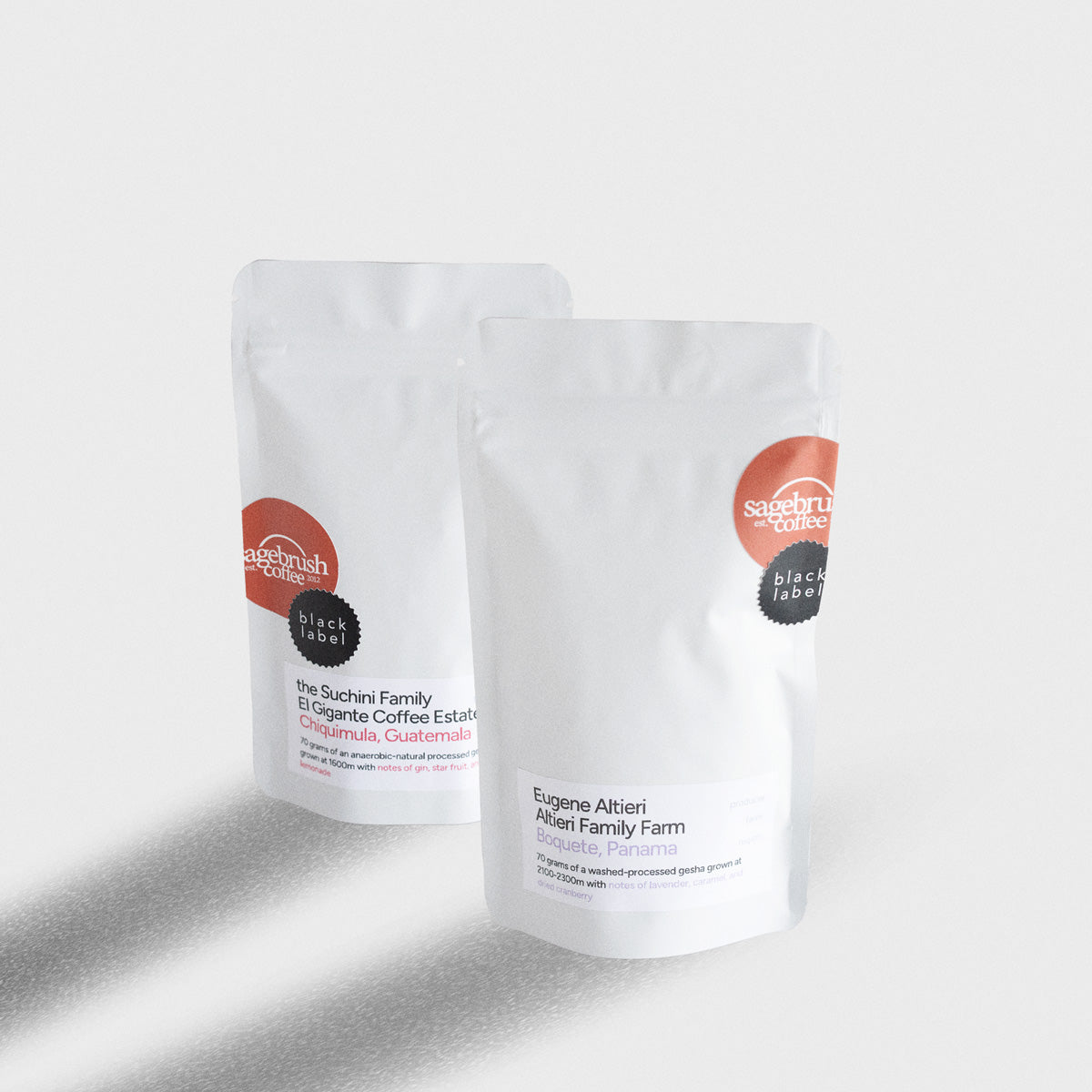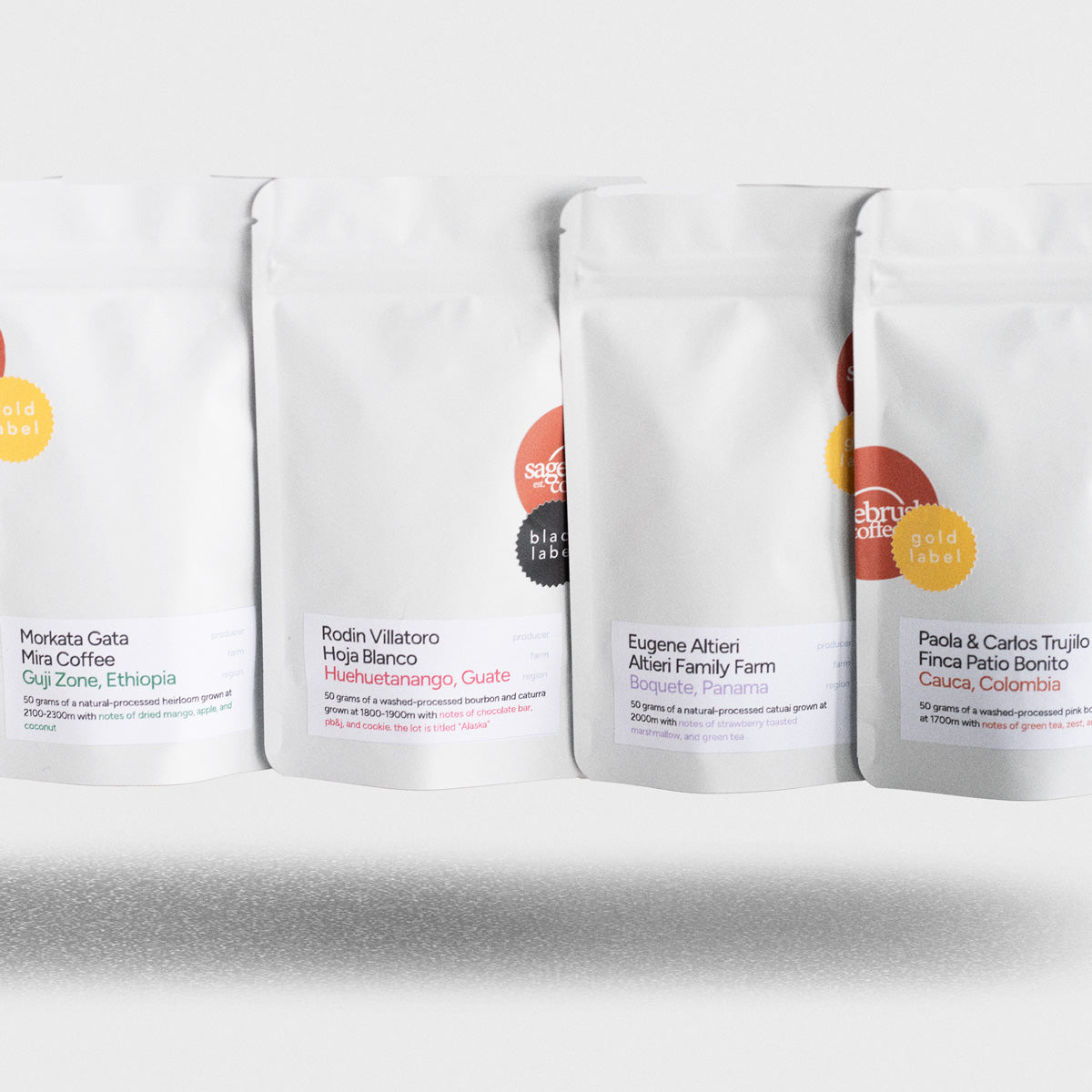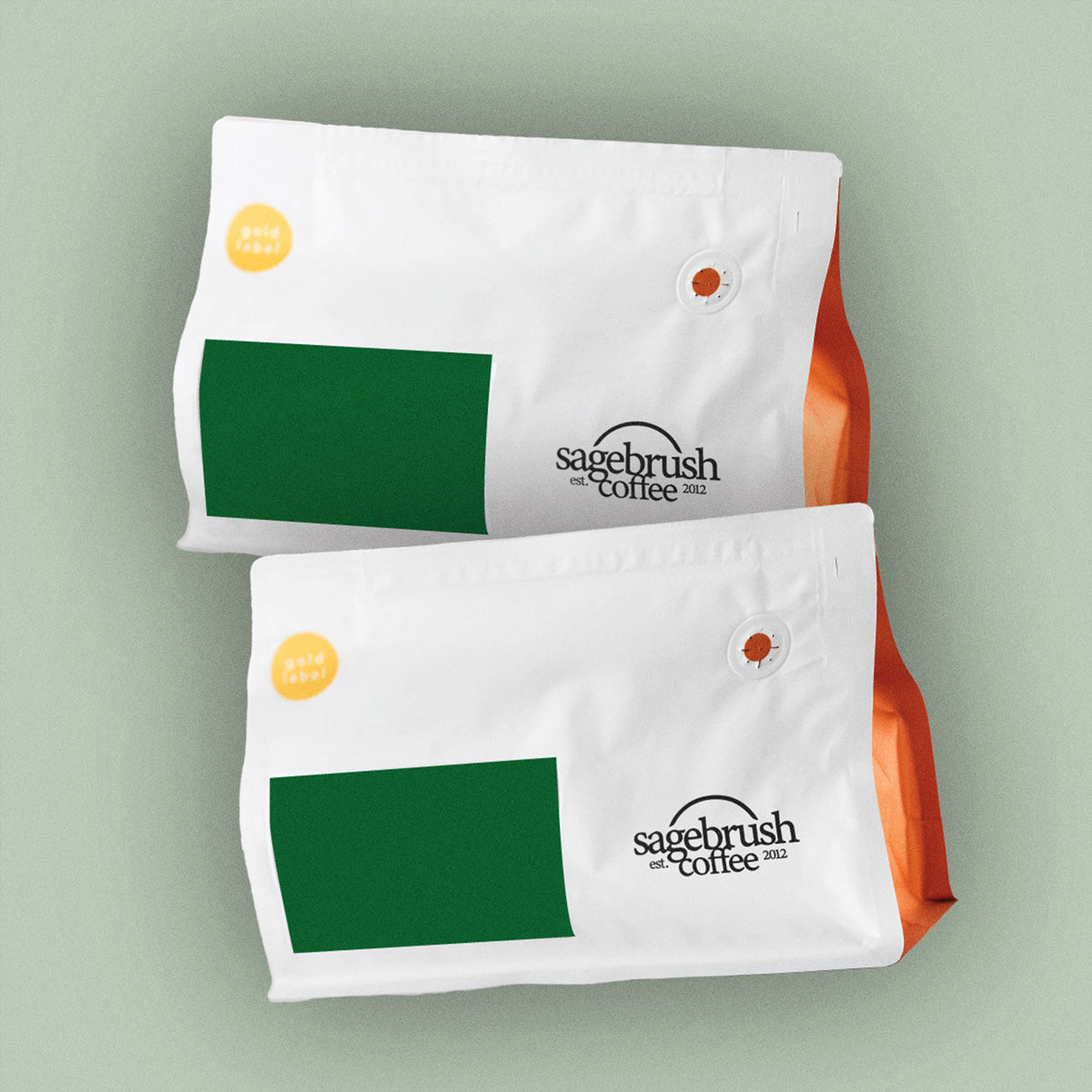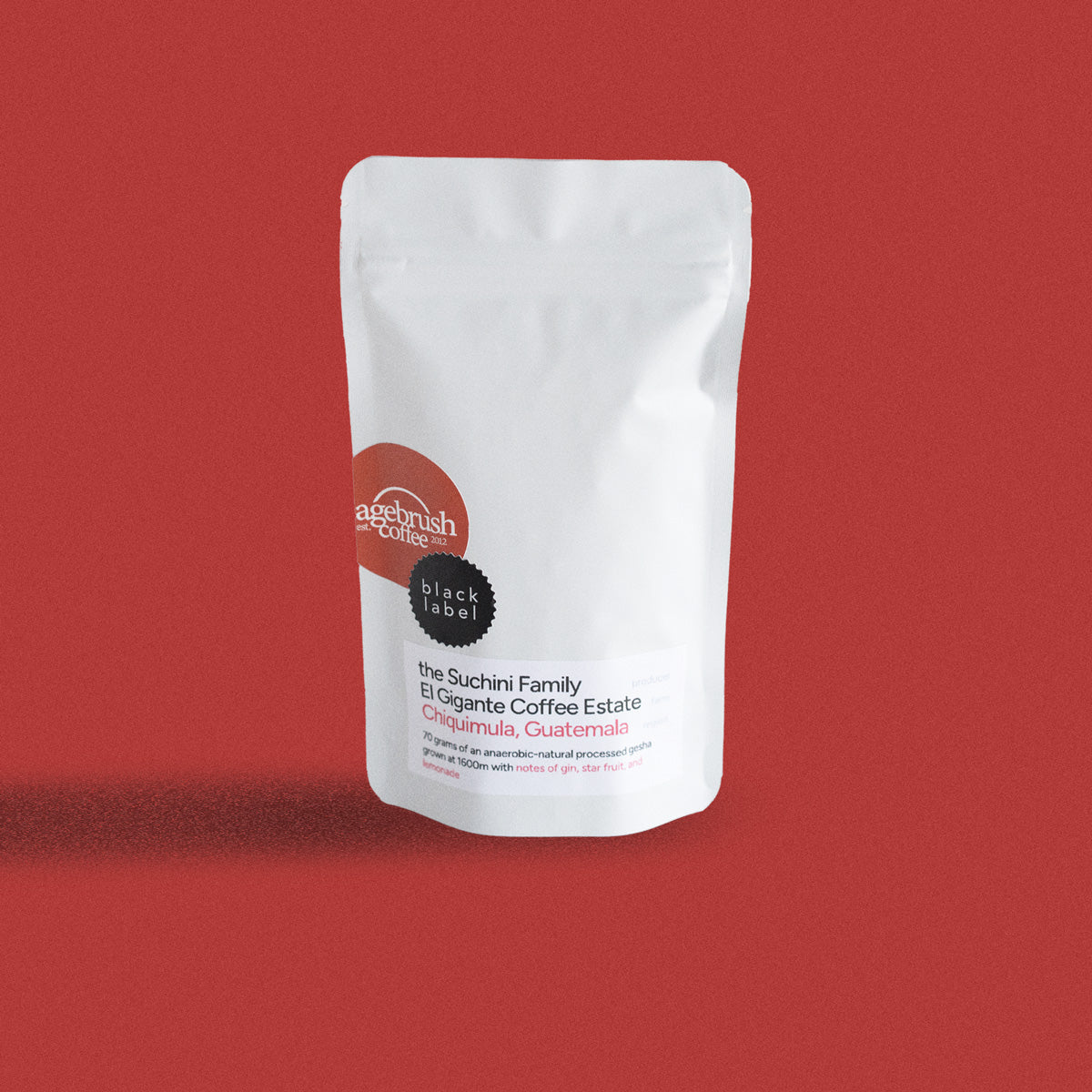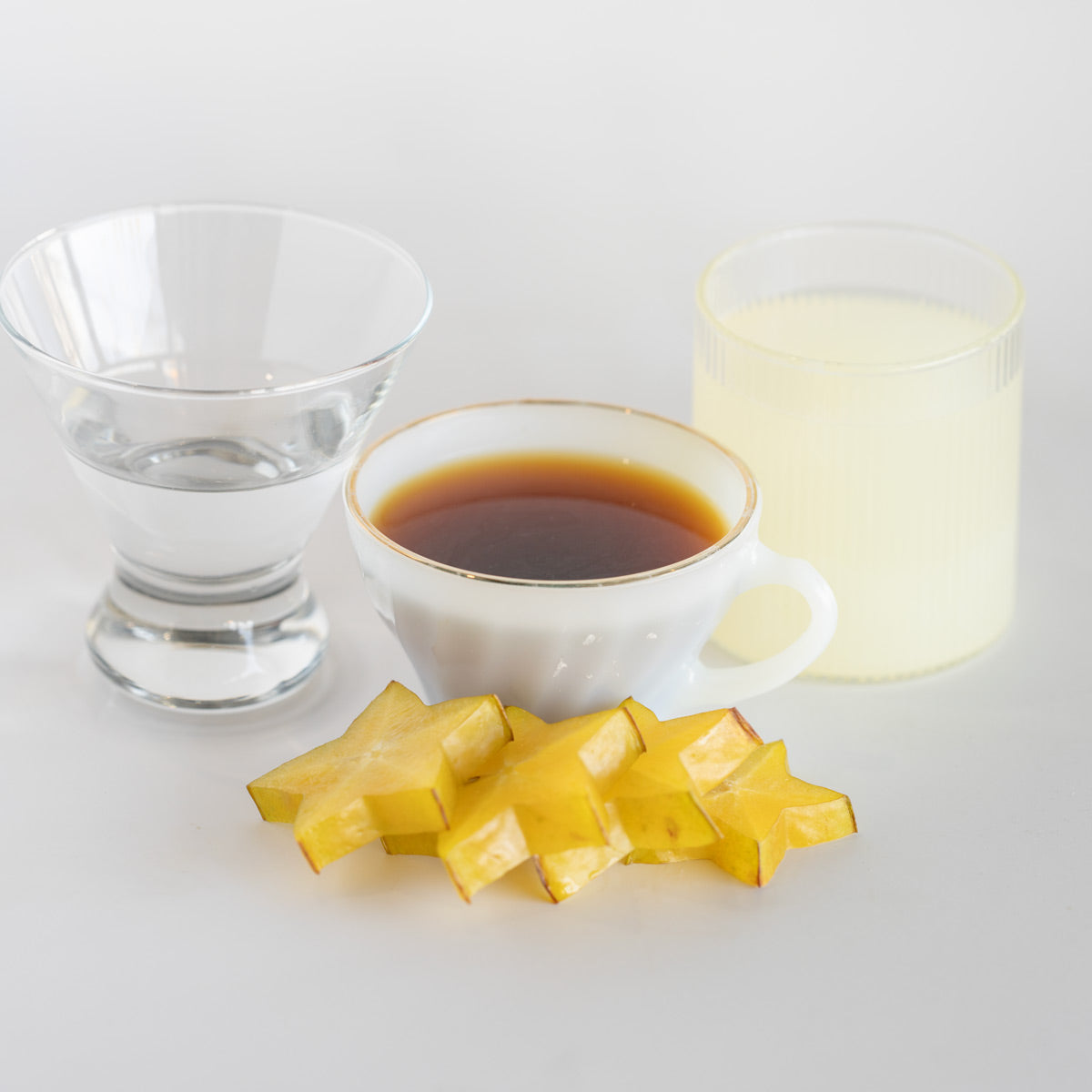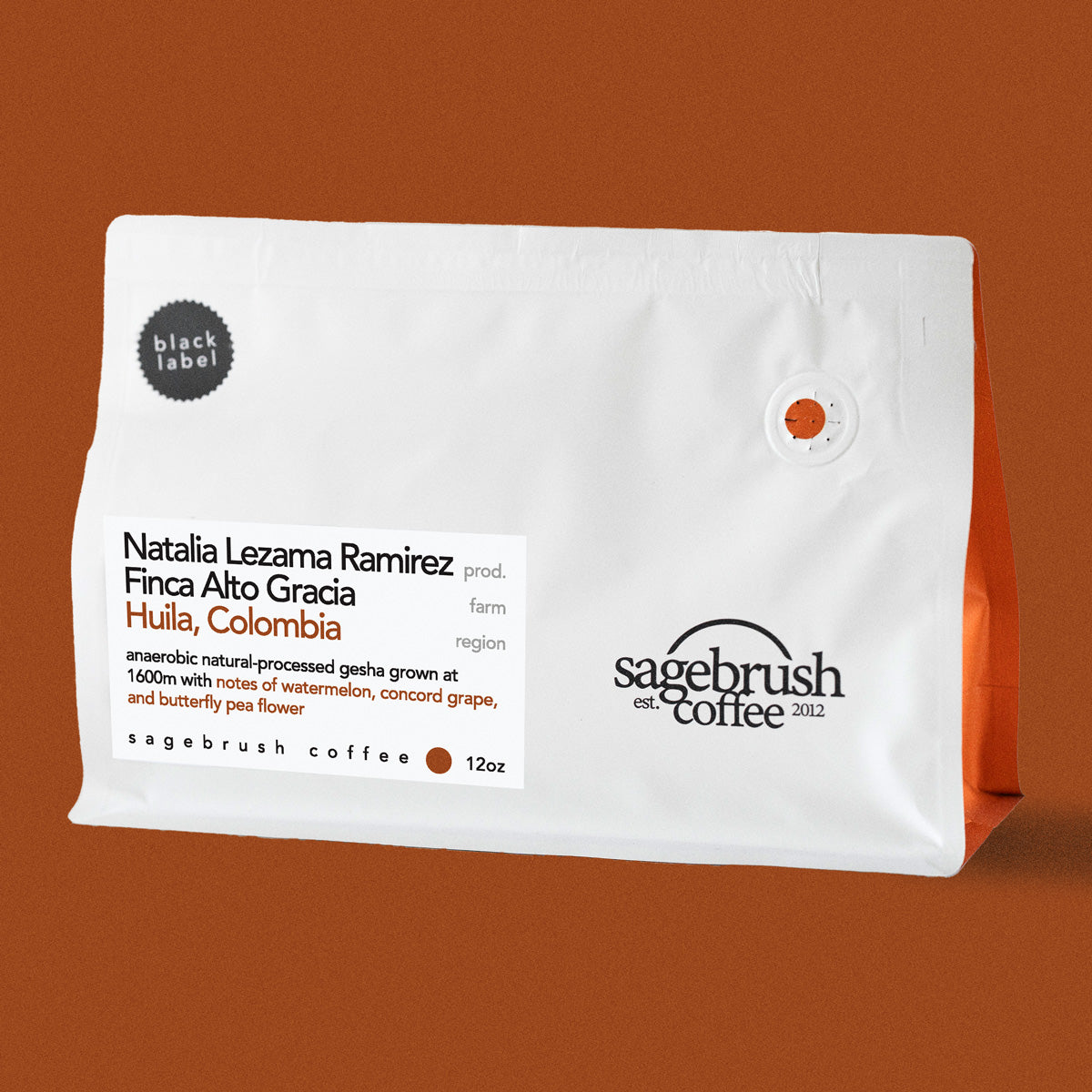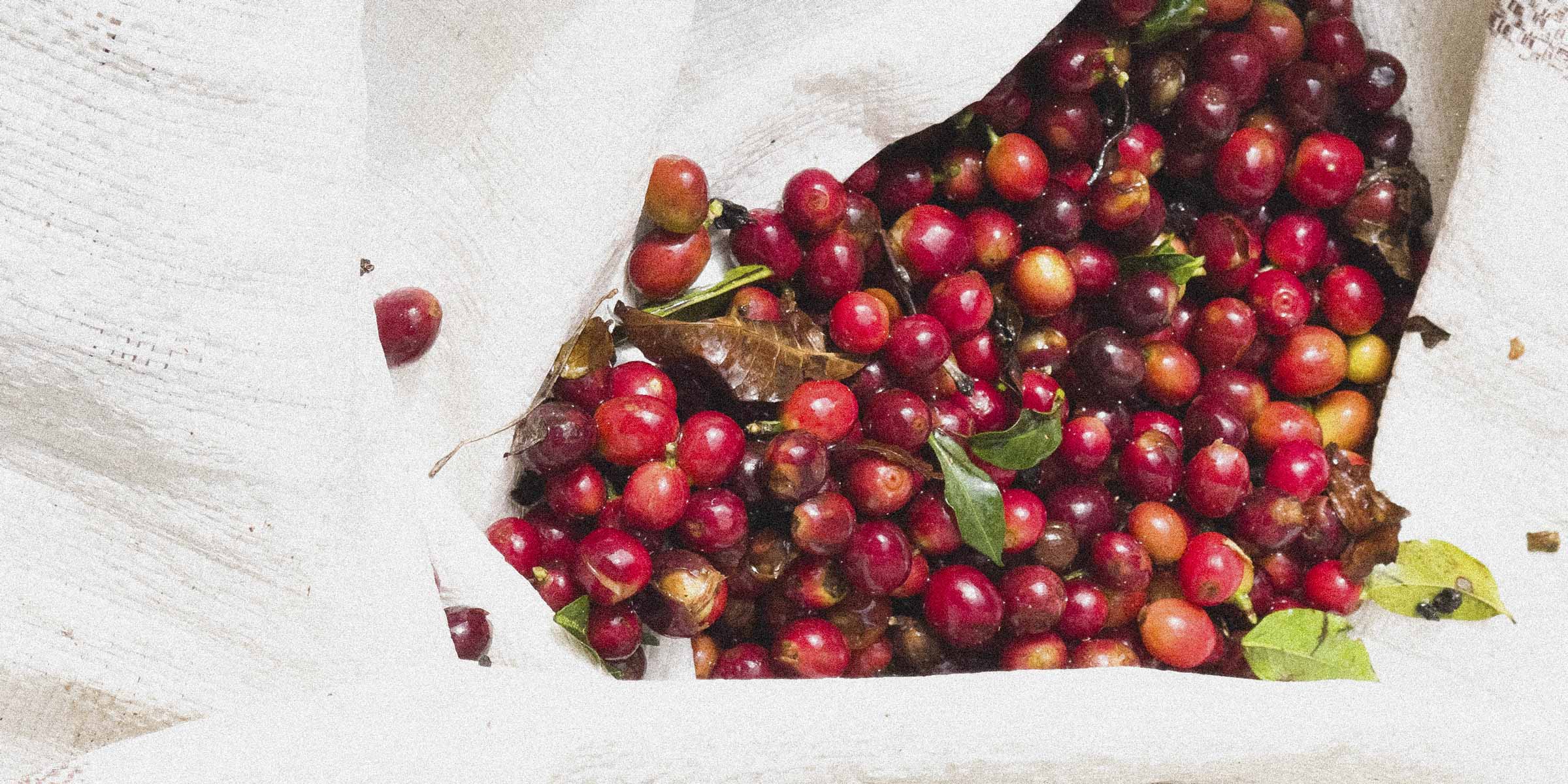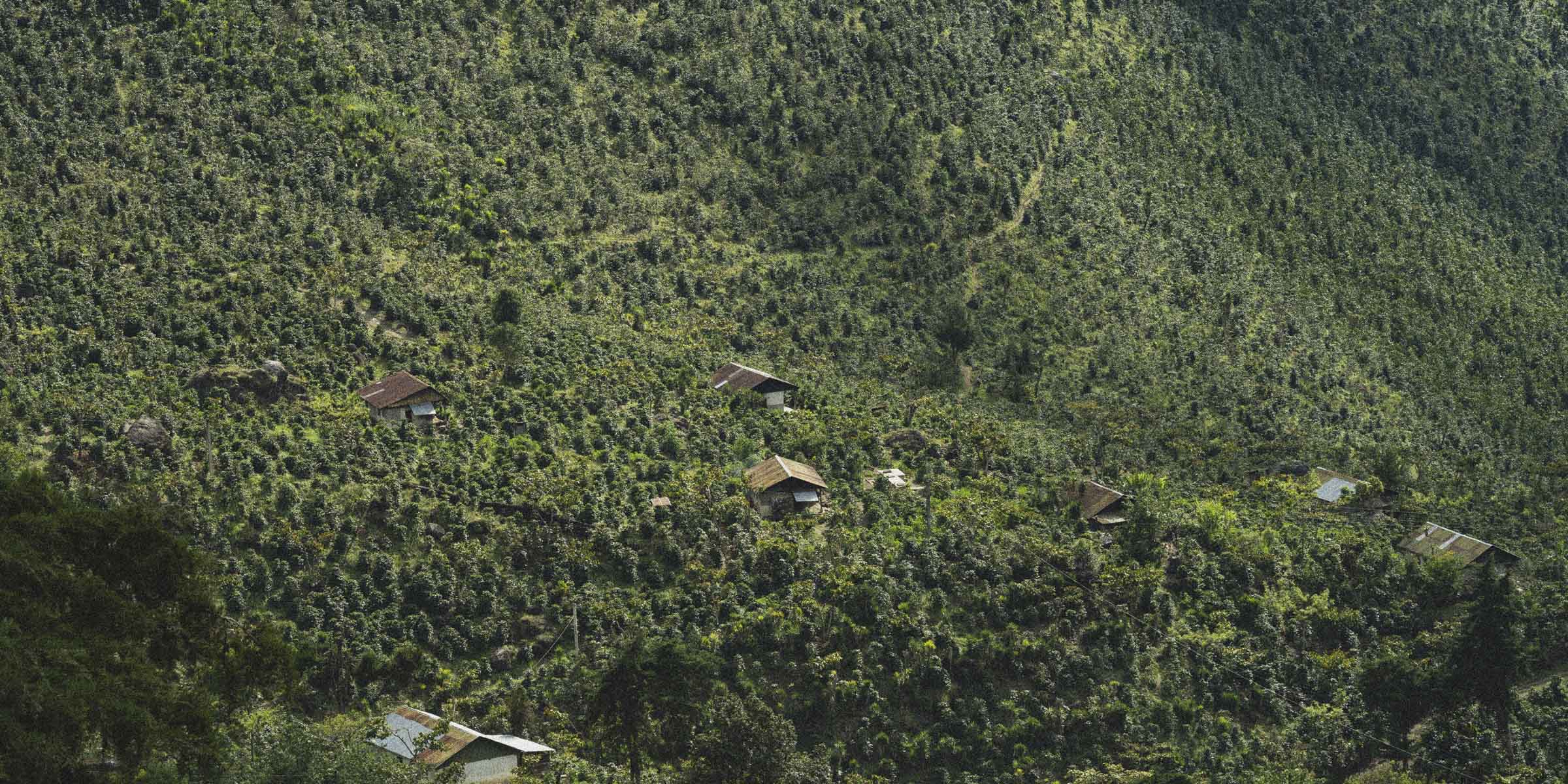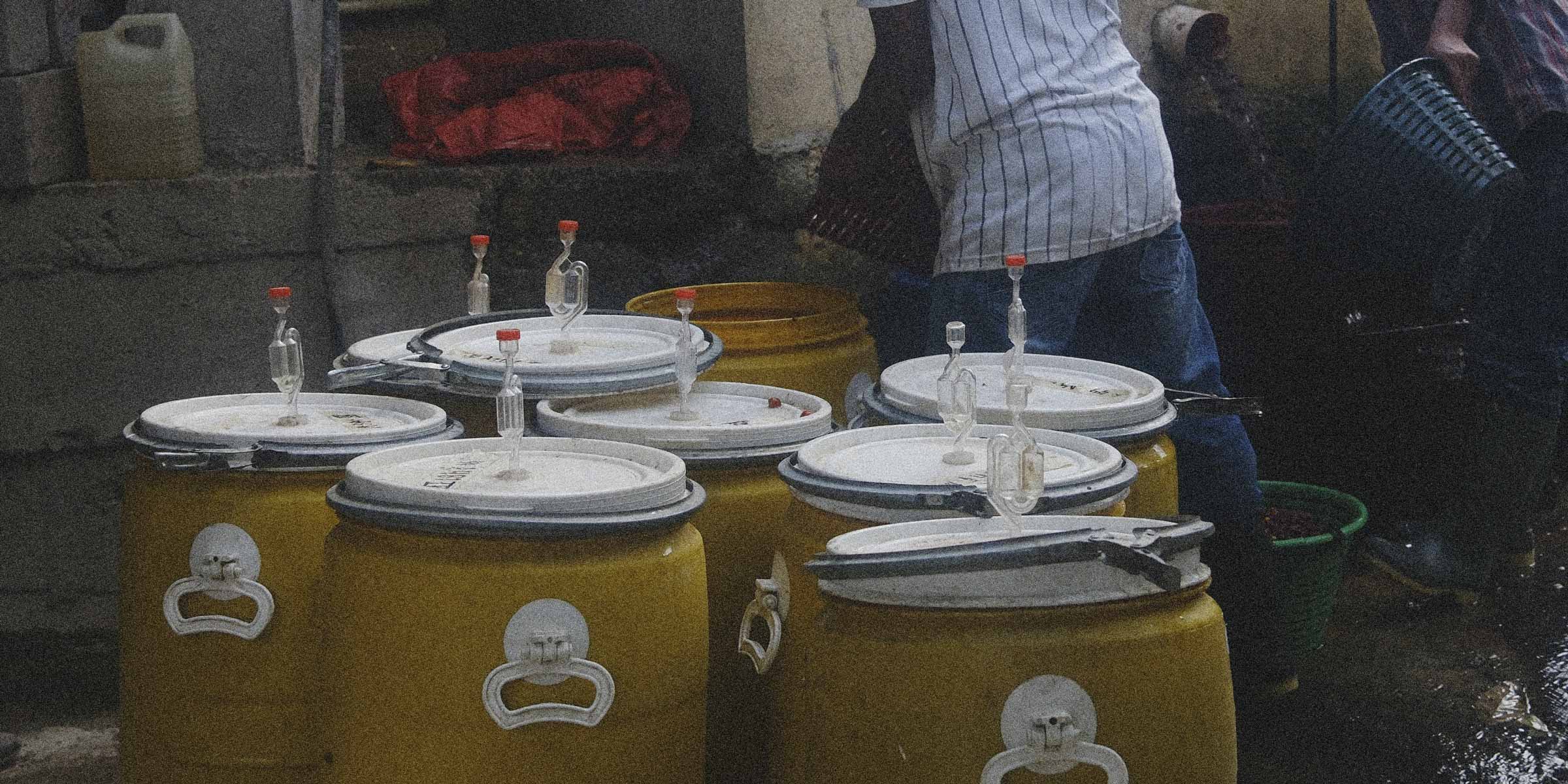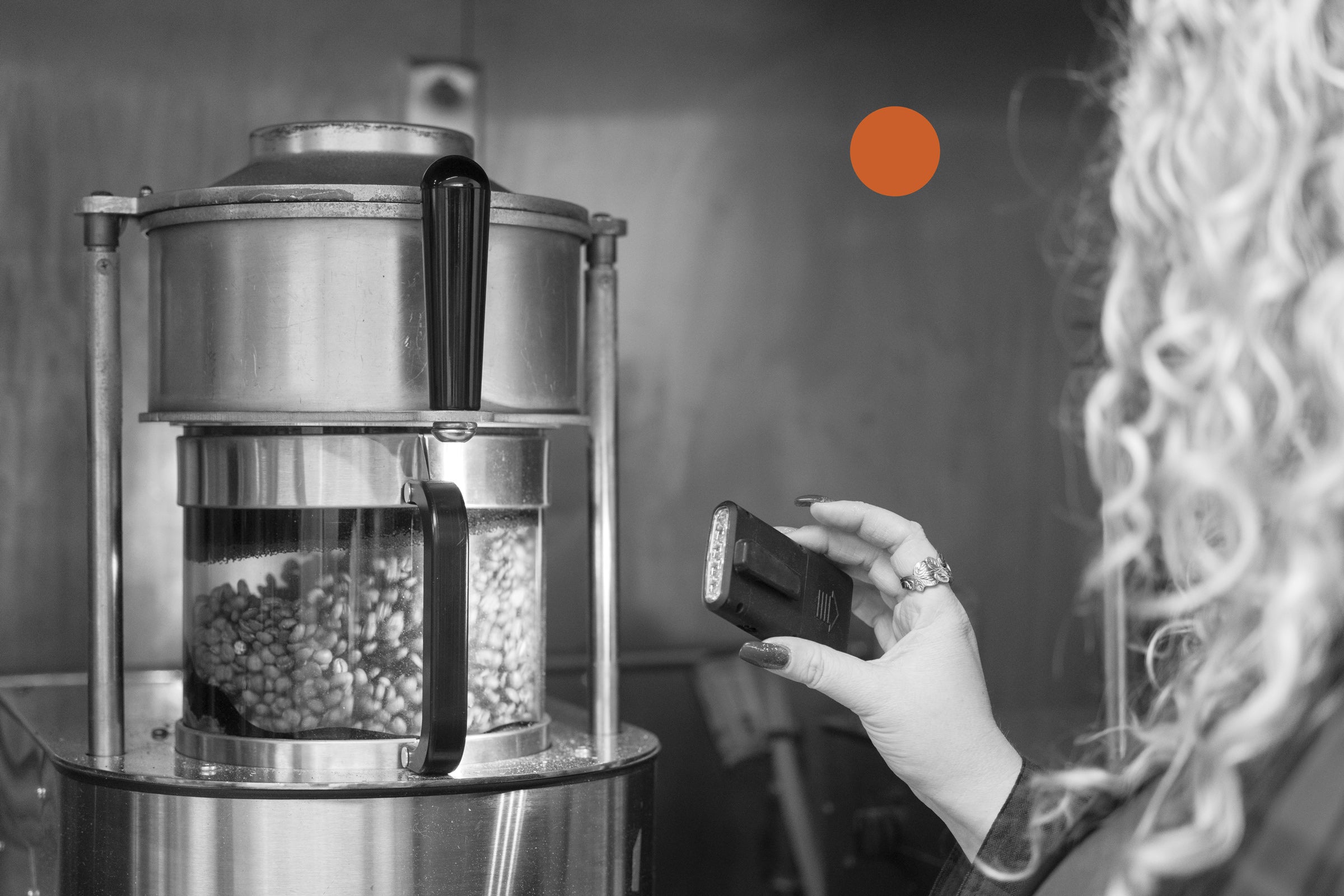
Peru (pr•oo) started growing coffee in the 1700s. For much of the country's history, coffee was kept as a domestic product. But, in the early 1900s, foreign investments made it possible for Peru coffee growers to reach coffee drinkers beyond their borders. Most of the coffee produced in Peru comes from small farms. The farmers don't have a lot of access to modern coffee-growing technologies. While the organic nature of farming coffee may not always be documented, farming without pesticides and chemicals is common.
Peru has a history of having highly decentralized coffee processing practices making it hard for small farmers to get a good price for their coffee. Because of this, small farmers have begun to work together and collaborate efforts. As a result, they created what we call co-ops. These co-ops have helped increase the quality of coffee while helping small farmers obtain a fair price for all their hard work. As the building of co-ops has expanded, the coffee market is growing quickly. They are gaining more national and international recognition and are better positioned to compete with other coffee producers. Right now, Peru's coffee exports account for 2 percent of its national economy and are growing an international presence among its competitors.
Coffee Growing Environment
Coffee is grown in many areas of Peru, including the Lower Amazon Basin's jungle regions. The wide range of altitude from the Lower Basin of the Andes Mountains to the higher regions provides an optimal environment for growing Arabica beans. Peru has three main coffee-growing regions, which are located on the slopes of the Andes Mountains. They are called Chanchamayo, the Amazonas, and San Martin. Peru is the 11th largest producer of coffee in the world and 5th in the exportation of Arabica beans. Harvest time is usually between June and September.
Coffee Flavor Profiles
Coffee grown in lower elevations tends to have a mild brightness, medium body, smooth nutty taste, and rich sweetness. Coffee grown in higher elevations like Cusco and Machu Pichu's surrounding areas tends to have a brighter and more floral aroma.
Sagebrush has had Peruvian Coffee from the El Cedro farm. This farm is part of the Lima Coffees Cooperative. El Cedro coffee is picked ripe, de-pulped the day or the day after it's harvested, and then fermented dry for 35 hours before being washed three times. It's dried for 20-25 days. El Cedro Farm coffee is grown in the Jose Del Alto, Jane, and Cajamarca regions of Northern Peru and sits at an altitude of 1,850 feet above sea level.





